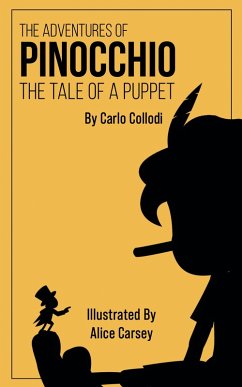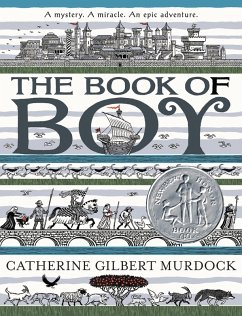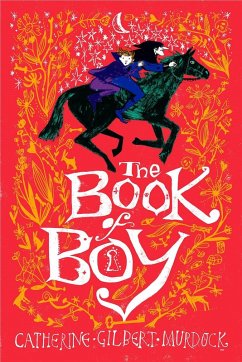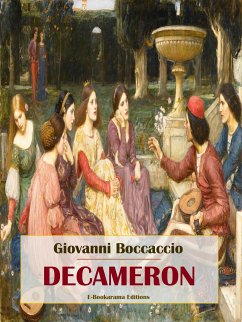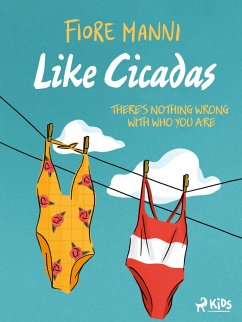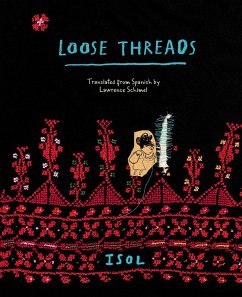
Lamberto, Lamberto, Lamberto (eBook, ePUB)
Versandkostenfrei!
Sofort per Download lieferbar
17,95 €
inkl. MwSt.
Weitere Ausgaben:

PAYBACK Punkte
9 °P sammeln!
From Gianni Rodari, the father of modern Italian children's literature, comes a pithy, humorous tale about life and death, health and wealth . . . and bandits and balloons! A refreshed translation from Batchelder Award-winner Antony Shugaar, illustrated with all-new art from Roman Muradov "Gianni Rodari gave free rein to his imagination, with inspired panache and gleeful lightness. At the same time, he had a precise and meticulous love for detail, for rich and exact language, and so all of his inventions are set in a very concrete world with real form and action." -Italo Calvino Baron Lamberto...
From Gianni Rodari, the father of modern Italian children's literature, comes a pithy, humorous tale about life and death, health and wealth . . . and bandits and balloons! A refreshed translation from Batchelder Award-winner Antony Shugaar, illustrated with all-new art from Roman Muradov "Gianni Rodari gave free rein to his imagination, with inspired panache and gleeful lightness. At the same time, he had a precise and meticulous love for detail, for rich and exact language, and so all of his inventions are set in a very concrete world with real form and action." -Italo Calvino Baron Lamberto is very old, very rich, and very sick. He lives in a villa on a private island in the middle of Lake Orta, tended to by his trusty butler, Anselmo, who keeps track of the baron's 24 maladies, 24 banks, and endless eccentricities. After a mysterious trip to Egypt, the baron hires six people to take up residence in the attic of his villa. Their only task? To repeat his name, "Lamberto, Lamberto, Lamberto," throughout the day. Why? It's anyone's guess, but-wonder of wonders-Baron Lamberto does appear to be getting better and better, little by little, day by day. But trouble looms when Lamberto's nefarious nephew Ottavio enters the scene, scheming up a way to get his hands on the baron's fortune. And things go from bad to worse when a band of 24 bandits (all named Lamberto, too, by the way) lays siege to the baron's villa and attempt to hold him for ransom. In typical Rodarian fashion, Lamberto, Lamberto, Lamberto is a thoroughly enjoyable, deeply thought-provoking read. While it playfully skewers the absurdities of the rich, the bureaucracy, the media, and more, it also encourages readers to liberate their imaginations, to expect the unexpected, and to embrace the kind of possibilities that normally only happen in fairy tales.




